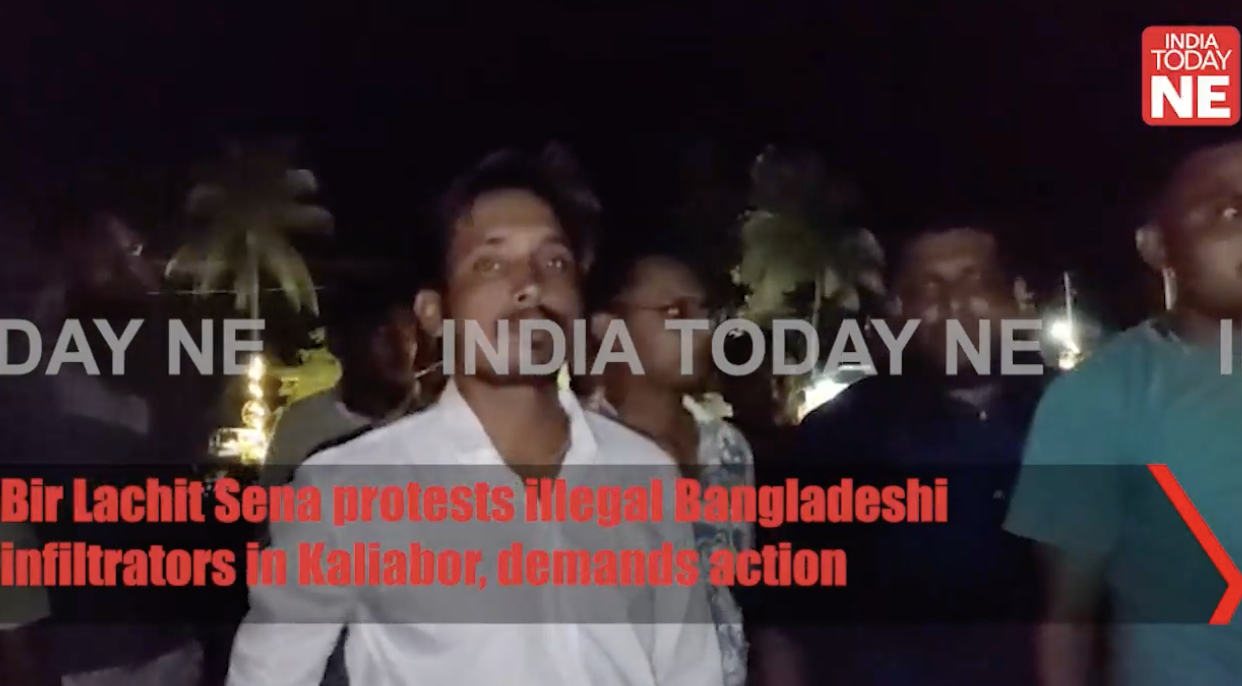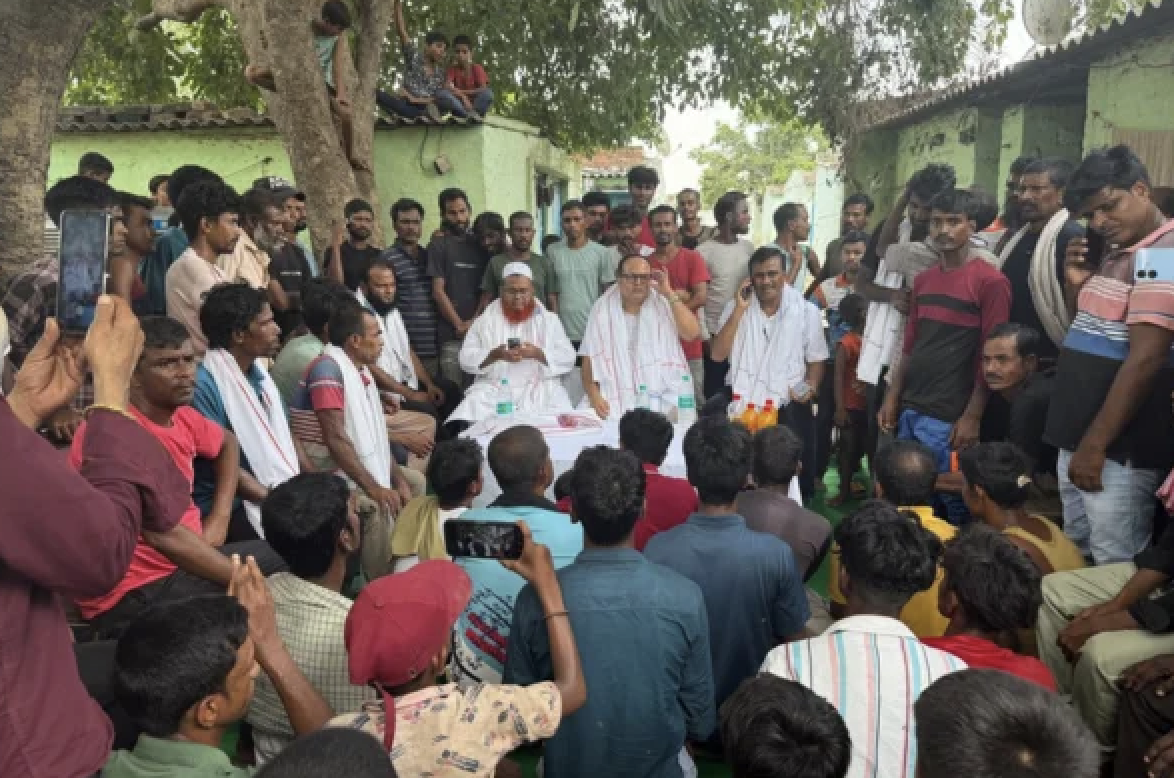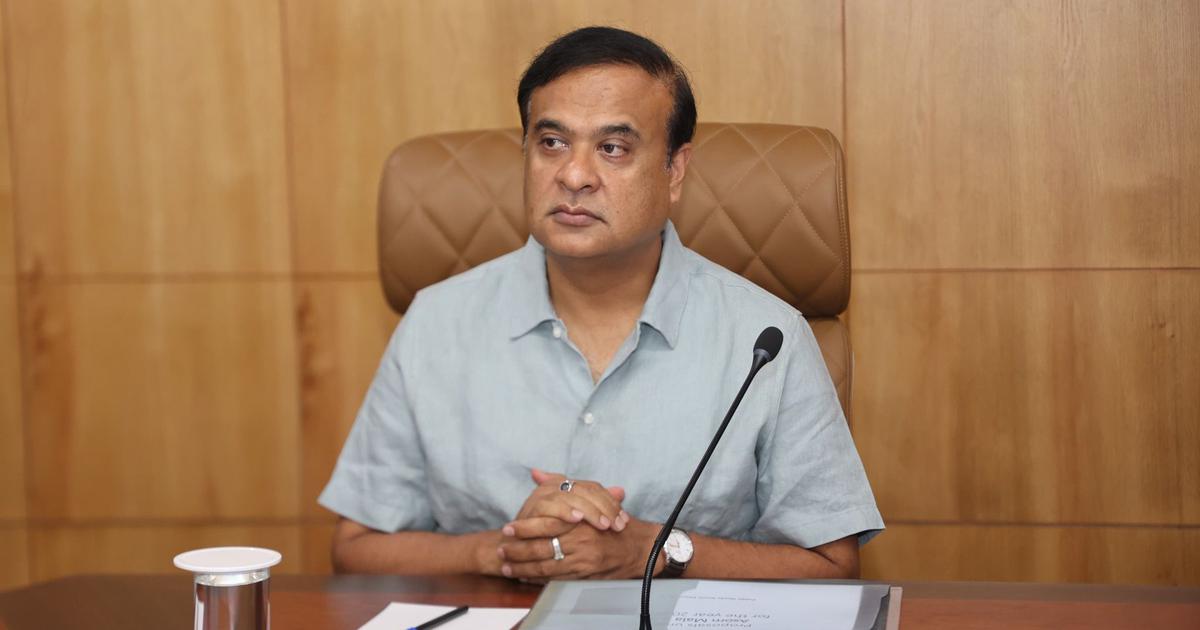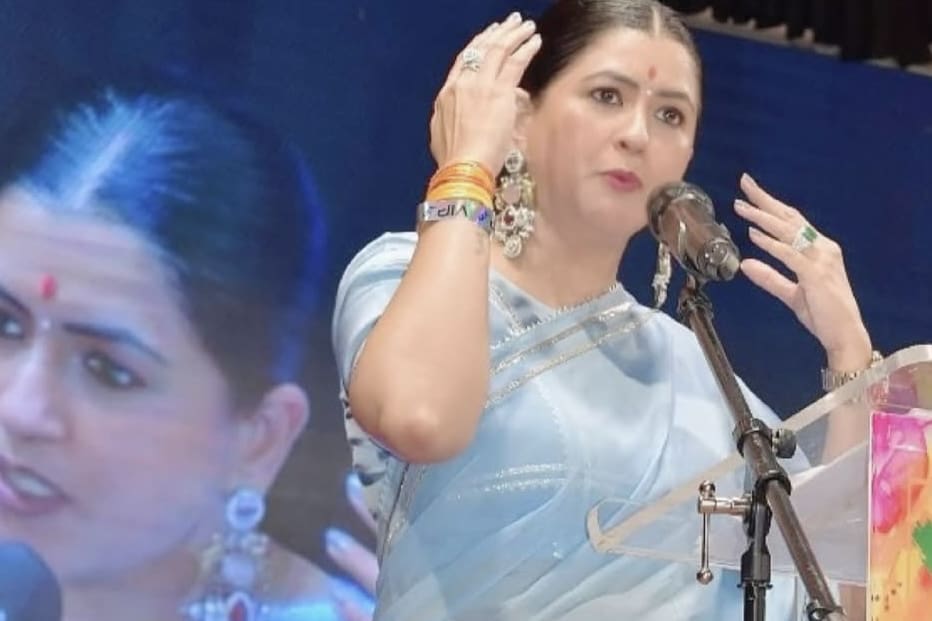
By Zafar Aafaq / Clarion India
NEW DELHI – Addressing the 75th Raising Day parade of the Delhi Police on February 16, Amit Shah applauded the force for what he called as “strict” and “fair” investigation into the cases related to 2020 Delhi riots.
“The Delhi Police,” he had said, “has worked hard during the northeast Delhi riots and the coronavirus pandemic. For the way the Delhi Police investigated the riot cases and presented them in court, I congratulate them,” Shah had said.
The praise would run hollow if one goes by the court observations on the Delhi Police for their conduct during and after the riots
Moreover, the account of independent observers and human rights groups and the riot victims’ own experiences give a diametrically contrarian view of the role the police force played in the communal conflagration and its aftermath.
From all accounts, the record of the Delhi Police during the riots is anything but unenviable.
Here are some of the instances to put the spotlight on the “callous” and “biased” investigation of riots by the Delhi Police.
Barely six days after the home minister commended their job, the Delhi High Court lashed out at the police for failing to bring anything substantial in its investigation related to the killing of 23-year-old Faizan, who succumbed to the injuries he sustained in the lockup where he was kept along with his friends before being forced to chant the national anthem. The video of some uniformed men (DP cops) assaulting battered and broken youths on the pavement had gone viral fueling massive uproar.
Commenting on the status report filed by the police, Justice Mukta Gupta of the high court said it is “neither here nor there”. The court asked the police to answer why Faizan’s post-mortem report recorded 20 injuries while a medical report before his detention in police custody had noted only three injuries.
“In this case, you [police] have not taken the help of eyewitnesses, but gone all over the world,” the judge said reprimanding the police. “If these were the four eye witnesses, till date you’ve not bothered to take statements. What is the kind of investigation you have taken?”
The court also disapproved of the prosecution filing the report in a sealed cover despite no such direction and asked them to give the copy of the report to the petitioner.
Similarly, in September 2021, a Delhi Court had pulled up the police for failing to conduct an effective investigation into a riot case involving Shah Alam, brother of former Aam Aadmi Party (AAP) councillor Tahir Hussain who is in jail in the riots conspiracy case. Additional Sessions Judge Vinod Yadav called the investigation “callous and indolent” as he added: “I am not able to restrain myself from observing that when history will look back at the worst communal riots since partition in Delhi, it is failure of investigating agency to conduct proper investigation by using latest scientific methods will surely torment the sentinels of democracy.”
The court also sought answer to the delay in the investigation, remarking that the witness seems to have been planted in the case. A month after the damning observations, Judge Yadav was transferred to another court in the city.
In another instance, a court in October 2021 ordered the police to pay up a fine of Rs 25,000 for taking undue time moving an application for the segregation of riots cases.
Similarly, in September, a court directed the police commissioner to open an inquiry and deduct Rs 5,000 from the salary of a police officer for his alleged lackadaisical approach in dealing with riots cases.
After facing frequent reprimands from the courts, Delhi Police Commissioner Rakesh Asthana constituted a special investigation cell (SIC) headed by Special Commissioner of Police (Central Zone) Rakesh Khuran to monitor the probes and expedite the process of filing of pending supplementary chargesheets.
A report by Delhi Minorities Commission, a government body, in July 2020, had found that the riots were “planned and targeted” and some cops colluded with rioters and took part in the violence that killed 53 people, a majority of them Muslims.
Similar observations were made against the police by Amnesty International in its exhaustive ground report released in August 2020.
In July 2020, four months after the riots, a group of retired bureaucrats including former officers of police and intelligence had written a letter to the President of India seeking a commission of inquiry to look into questionable investigation of the riots. The letter had accused the Delhi Police of being complicit as it demanded that a high court judge should investigate the conduct of the police and mob violence in a free and fair manner.
The United Nations too had expressed concern over jailing anti-CAA under UAPA calling for their release. “India has long had a strong civil society, which has been at the forefront of groundbreaking human rights advocacy within the country and globally,” The United Nations High Commissioner for Human Rights, Michelle Bachelet, had remarked in October 2021. “But I am concerned that vaguely defined laws are increasingly being used to stifle these voices.”
As recently as on February 21, a prominent global civil rights organisation, Human Rights Watch, accused the Delhi Police of “wrongfully prosecuting activists and protest organizers using anti-terrorism law” in the Delhi riots cases.
The group asked the authorities to drop the charges and release those falsely jailed. “People responsible for abuses should be appropriately prosecuted, including supporters of the ruling Bharatiya Janata Party (BJP)-led government who instigated the communal violence and police officers who did not impartially enforce the law.”
The riots which roiled the national capital came amidst a wave of peaceful protests against the controversial citizenship law across India. Muslim women took to streets and began indefinite sit-ins at various places asking the government to revoke the “discriminatory” law which went against the secular and democratic spirit of the constitution of the country. According to the law, migrants from neighbouring countries living in India will be granted citizenship. But it specifically excludes Muslims. Critics say that the law, if coupled with the potential nationwide citizenship test, will enable the disenfranchisement of Muslim citizens. They will be sent to detention centres if they fail to prove their citizenship in accordance with new norms.
Irked by the protests, senior leaders and ministers from the ruling BJP, in their speeches, exhorted their supporters to shoot the protesters! “Goli maaro salon ko” became the war cry of the mobs supporting the ruling party. This eventually led to an outbreak of violence in parts of Delhi. The carnage that followed left behind a trail of death and destruction.
More than 50 people were killed, hundreds of houses set ablaze and many families displaced in three days of violence. The police were accused of siding with the rampaging mobs throughout the violence and arson.
This article first appeared on clarionindia.net






